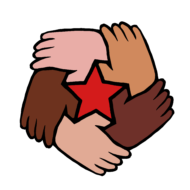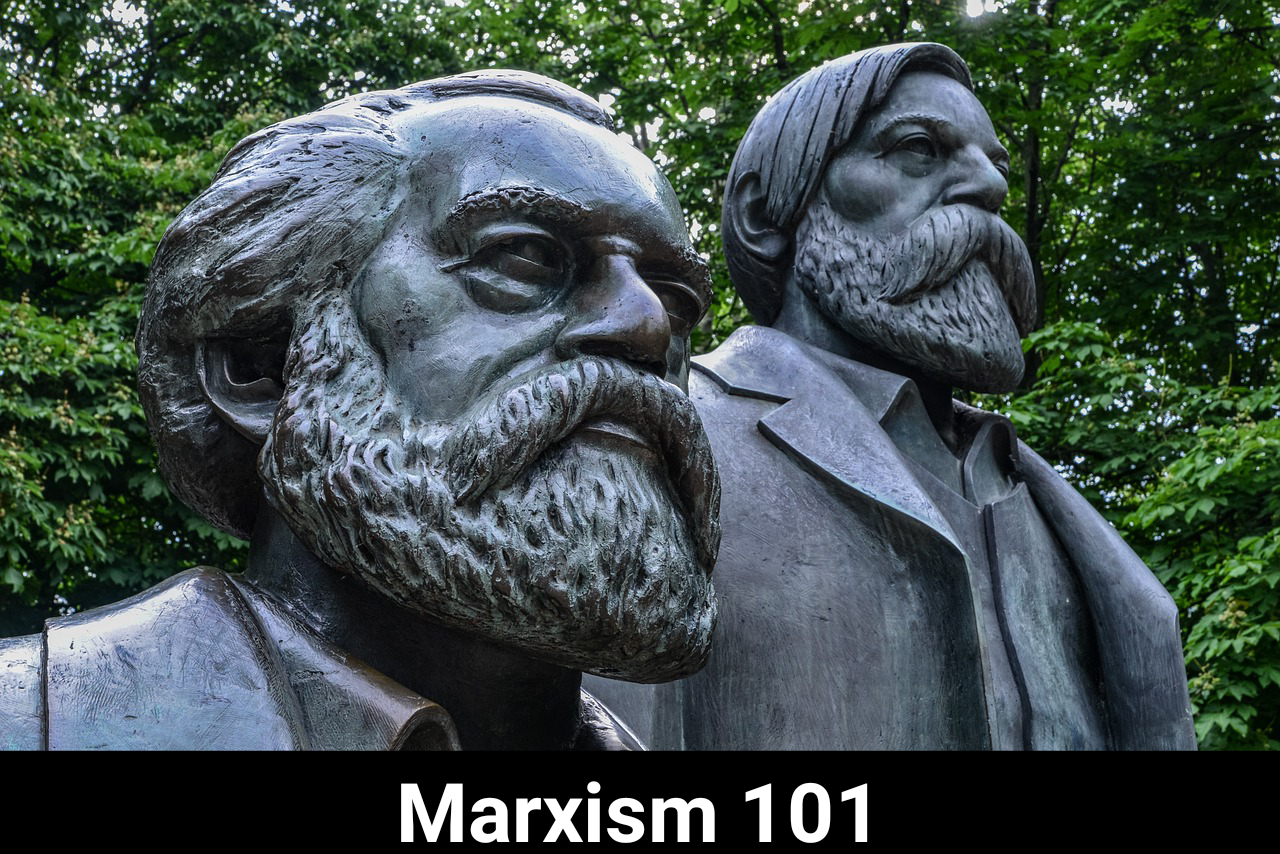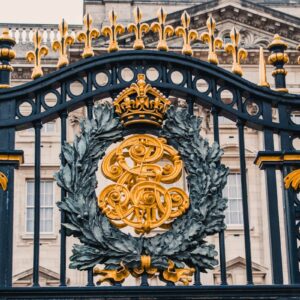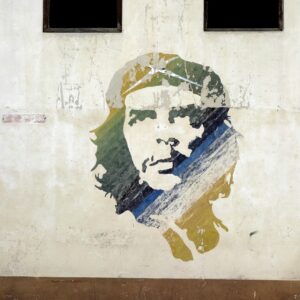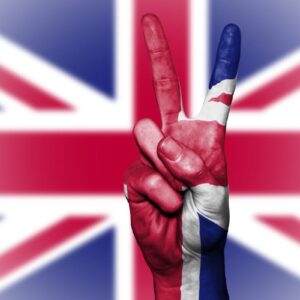The state consists of all the institutions that the ruling class uses to coerce the other classes in society. This includes the institutions of “legitimate” violence, such as the police, military, courts, and jails, as well as the institutions of ideological coercion, such as the media and education system.
Marxists view the state as separate from the government, which exists only as an administrative body.
Can’t the state serve all classes?
To the liberal, the state exists to mediate the interests of different classes in society. They say that the conflicting interests of each group are reconciled by the state, which acts as a neutral arbiter.
Yet what the state does is prevent, by force and indoctrination, the oppressed classes from taking actions to end their oppression. Laws are passed to specify how the oppressed are allowed to protest, how they’re allowed to strike, and what property they’re not allowed to claim possession of etc. If they break these terms, which they never agreed to, the state enforces them through violence.
This “reconciliation” between the exploiters and exploited comes in the form of a baton, and it’s only applied to one of the two groups with any regularity. Such is the neutral mediation of the state.
The existence of the state itself shows that the separate classes can’t be reconciled. If capitalists and wage workers could reach a friendly agreement in a free society, there would be no need for a state to impose order by force or restrict the methods of struggle.
By enforcing laws that deprive the exploited classes of definite methods of struggle against their oppression, the state serves to perpetuate the exploitation that already exists. It serves the ruling class.
How did the state come to exist?
The state hasn’t always existed. In fact, for most of human history people have lived in stateless and classless societies. There were no separate classes in hunter gatherer societies. These societies produced very little surplus product and shared what they had in common.
With the rise of agriculture, however, there was more surplus to distribute, which allowed society to be split into those who labored and those who owned.
Slave societies are the first known societies to have utilised the state as a method of class rule. The earliest set of laws we know of governing slavery are in the Babylonian Code of Hammurabi from around 1750 BCE. The code states, for instance, that a master had the right to cut the ear off his slave if the slave failed to obey his commands.
By this time, slave empires seem to have been long established, with their origins widely believed to be in Sumer.
It’s clear that the material interests of slaves and their owners can never be reconciled. Slaves want the freedom to direct all aspects of their own lives, and the ability to keep the wealth that they produce. Whereas slave owners want to maintain ownership of their slaves, control their behaviour, and have the right to keep what their slaves produce.
Because the two major groups in society had irreconcilable interests, some force was needed to keep order between the groups. The state grew out of slave society as a way to maintain order under that system of class division. The cost of this order was that slavery was maintained as the economic system.
The state has continued to exist through all subsequent economic systems as an organ of class domination, one which must continue to exist until class society itself is abolished.
The Socialist State
In previous eras, the state needed to exist in order to enforce the rule of the minority over the majority. Under socialism, the state serves the majority, allowing them to suppress the exploiters while the society builds the economic and social conditions necessary for communism.
The state will change form over time in response to the challenges that the society faces. At all times, however, the state has to exist in forms proportionate to the threats that society faces from both within and outside.
Recommended reading:
The State and Revolution by Lenin
The Origin of the Family, Private Property, and the State by Frederich Engels
Return to: Marxism 101 Course
